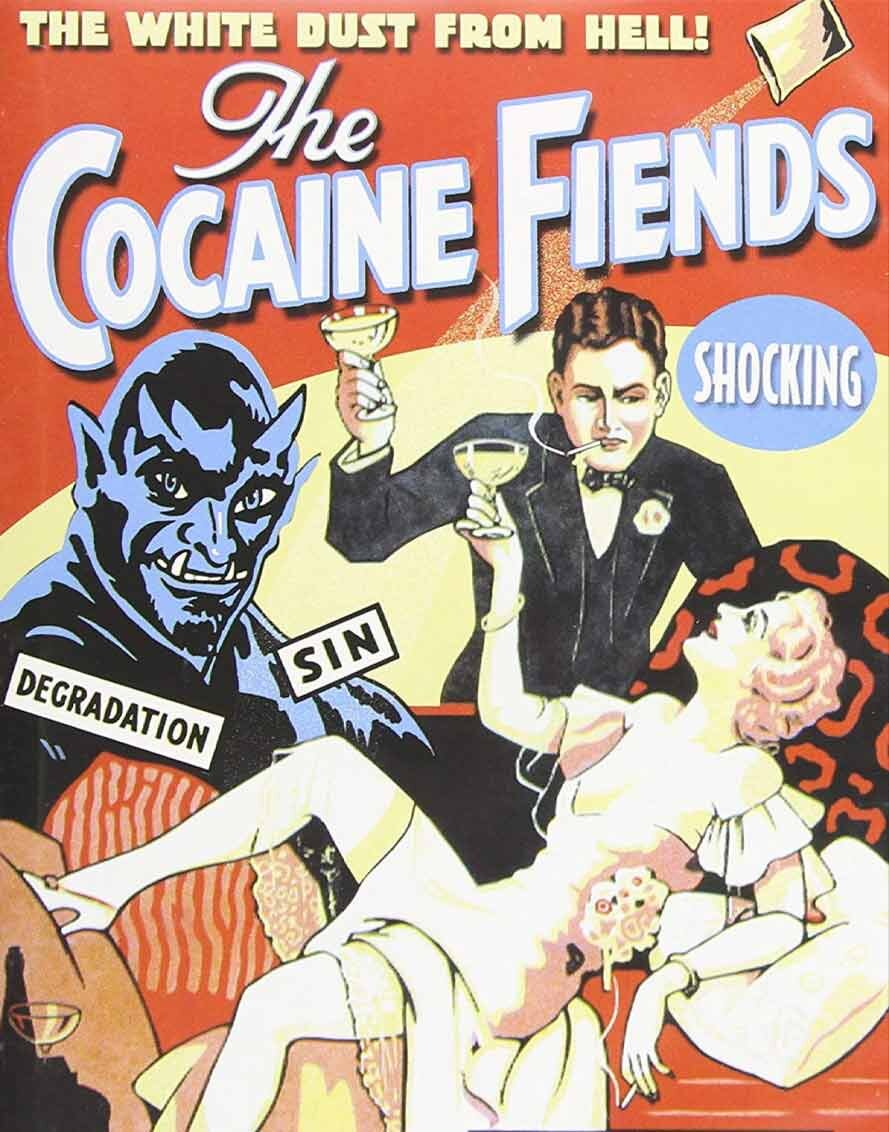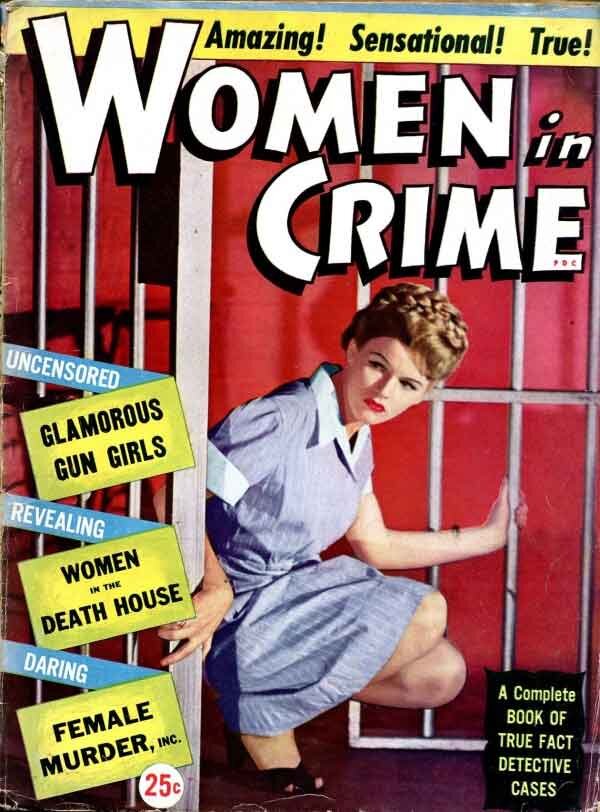
FAQ - Can A Domestic Violence “Victim” Recant a Statement and get Charges Dropped?
Disclaimer:
The article below is only about California law. Other states will certainly do things differently. Joshua Mulligan has been working as a criminal defense attorney at the Larson Justice Center in Indio. This following article is based on his experiences working hundreds of domestic violence cases representing both defendants and recanting or reluctant witnesses.
How Can the “Victim” in a Domestic Violence Case Help Get the Charges Dropped at the Larson Justice Center in Indio?
By attorney Joshua Mulligan. Mr. Mulligan has handled hundreds of domestic violence cases with charges ranging from restraining order violations to murder. Mr. Mulligan represents defendants and also recanting or reluctant witnesses. Mr. Mulligan is a State Bar Certified Criminal Law Specialist and his practice is in the centered in the Coachella Valley. His office is in La Quinta and the majority of his cases are at the Larson Justice Center in Indio, California.
email: josh@fwjmlaw.com
Phone: 760-777-4322
78-060 Calle Estado, Ste. 21
La Quinta, CA 92253
What are the penalties for a domestic violence conviction in California?
Being charged or convicted of domestic violence can have serious consequences, including jail and prison time. Aside from potential fines, jail, and probation time, conviction can lead to restraining orders (criminal protective orders), loss of custody rights, and loss of a job or career. In cases of non-citizens, they may be deported from the United States.
When my partner goes to court, will the judge issue a “no contact” restraining order?
When a person makes their first court appearance on a domestic violence case, the judge must consider issuing a criminal protective order (which most people call a “restraining order”). In most cases, the judge will follow the alleged victim’s wishes. However, the judge can order “no contact” even when the alleged victim wants to continue the relationship. If a “victim” wants a “no negative contact” order they should tell that to the defense attorney and prosecutor and plan to attend court in case the judge has additional questions. Sometimes it helps to prepare a written statement to read in court if the judge intends to issue an unwanted “no contact” order.
I lied to the police. How can I recant my statement?
I do not recommend contacting the police or DA to give a new statement as it will not be easy to set the record straight. This is especially true in Riverside County and the Coachella Valley. The prosecution here is especially agressive and they almost never believe recanting victims.
If you seek to correct the record directly with police or the DA, they may ignore you, distort your new statement, or even intimidate you by hinting that you could be prosecuted or that CPS may take your children if you refuse to cooperate.
Police and prosecutors typically don’t believe false accusations are common. I have heard many police, prosecutors, and judges make twisted jokes about recanting victims. So be ready – when you recant, the authorities won’t believe you and it won’t get your husband or boyfriend out of jail, at least not immediately.
However, if your partner has an attorney, you should approach the attorney and explain how and why the police report is wrong. The attorney should immediately document the new statement. This may be done in writing, recorded, or you may give the new statement to a private investigator who will produce a written report.
If your partner cannot afford to hire an attorney, it is best to wait until the case is in court and a public defender is appointed.
Do I have any rights as the “victim” in the case?
Yes. California has a Victim's Bill of Rights, also known as Marsy’s law, which afford a number of rights and protections to alleged victims of domestic violence. In practice, Marsy’s law gives you some of the following rights:
- To speak to the prosecutor and judge to request lower bail or release on own recognizance (release from jail without bail)
- To speak to the judge and prosecutor before a decision is made regarding a criminal protective order (restraining order)
- To speak with the judge and prosecutor about sentencing or punishment
Does the lawyer representing my partner represent me too?
No. Your partner’s lawyer represents them and not your interest. In other words, your partner’s attorney has an obligation to them only and none to you. It will certainly be important to meet with your partner’s attorney and provide any new statements, evidence, or list of witnesses to your partner’s attorney if you are seeking to help get the case dropped or reduced.
However, you should know that your partner’s attorney has important and significant limitations in speaking with you. For example, your partner’s attorney cannot advise you regarding requirements of legal service of a subpoena or help you consider if you should risk contempt of court for failure to testify.
Can I hire my own attorney to represent me in court and to talk to the prosecutor and judge?
YES! It is strongly advised that you consult with an attorney and seek their services to represent you in court and talk to the prosecutor and judge on your behalf. Having an attorney will require the prosecutor’s office to direct all communication and requests through your attorney’s office and they can act as a buffer between you and them.
Furthermore, your own attorney can advise on issue like immunity, contempt, and the (very improbable) risk of being charged for lying to police or starting the fight.
I was using alcohol or drugs when I made the police report. I know that I do not accurately remember what happened and my statement to police was not correct. How do I fix this?

Let either your attorney or your partner’s attorney know that you were under the influence. Try to think of ways to document the fact of drinking or drug use. For example:
- Receipts from a bar
- Prior convictions from alcohol or drug related offenses
- History of attending rehab or outpatient drug / alcohol treatment
- Other witnesses who are aware of your drug or drinking habits
- Past social media posts “partying”
I lied in my police report and I want to recant, but someone has told me it won’t matter because of other witnesses or medical records. What should I do?
It ALWAYS matters if you lie and someone is facing jail or prison time because of it. Don’t let someone discourage you from coming forward with the truth. Also, it is likely that the person telling you that it won’t help doesn’t know what they are talking about. Only the defendant and defense attorney have access to all the “discovery” material (police reports, video interview, bodycam, etc.) and the defense attorney will be best positioned to determine if the new statements help the case.
I have been served a subpoena. Do I have to attend court?
YES. If you have been served a subpoena, then you must appear in court at the specified date and time. If you fail to appear after proper service a judge can put you in jail.
Be careful playing games with avoiding subpoena service. If you don’t answer the door at your home, DA investigators may return repeatedly and will eventually seek to serve you at work, which can be embarrassing.
Also, be careful about nitpicking whether the service was good. If you have a copy of a subpoena in hand, it is best to go to court. I’ve seen prosecutors ask for warrants on improper service several times in the past (for example, investigator leaves the subpoena on the doorstep or in a mailbox.) If you end up in jail on a warrant based on improper service, the judge will make you promise to appear at the next court date and release you – normally this happens after you spend two or three days in jail!
Will the case be dismissed if I refuse to testify?
Maybe. The 6th Amendment in the Bill of Rights provides that a defendant has the right to “confront” the witnesses providing evidence against him. In general, this means that hearsay statements cannot be used unless the witness is testifying. In practice, this means that in most domestic violence cases, the prosecution will be left with little to nothing to present if the alleged victim is not testifying.
There are several exceptions, most commonly a 911 call may be admissible as an “excited utterance” if the call was made during the altercation. Sorting out what evidence might be left if an alleged victim refuses to testify is best left to an attorney.
Can I be forced to testify against my spouse?
Yes, a spouse can be forced to testify in a domestic violence case. Even though in most types of cases, “spousal privilege” will allow a wife to refuse to testify against her husband, this does not apply in domestic violence cases (Evidence Code 972).
However, in California a court has extremely limited contempt power to punish an uncooperative victim in a domestic violence case. California Code of Civil Procedure section 1219 provides that if a domestic violence “victim” refuses to testify, the worst that the court can do is fine the witness $1,000 and require the witness to “consult” with a domestic violence counselor.
Can I go to jail if I refuse to testify against my partner?

NO! A judge cannot jail an alleged domestic violence victim for refusing to testify. This is a protection provided only to alleged victims in domestic violence and sex cases pursuant to California Code of Civil Procedure 1219. Again, the worst that can happen is a fine of $1,000.
IMPORTANT CAVEAT – failure to testify must be distinguished from failure to come to court after being served a subpoena. If you fail to appear after proper service, you may end up in jail.
What has the best chance of getting the case dismissed: refusing to testify or recant my lies and telling the truth?
There is no easy answer.
If the prosecutor does not have enough evidence to present the case without the alleged victim’s testimony, the entire matter will be dismissed. However, if the prosecutor has other evidence to outline the case, a jury may still convict – and the jury may think the alleged victim has been intimidated or threatened.
If the alleged victim has a compelling story, it may be best to just come forward and tell the truth. For example, one common story I hear is that a woman catches her boyfriend cheating and starts the fight, then calls police and blames the boyfriend. Usually this can be compellingly supported by text message communications about the cheating, and sometimes there are threats of violence directed at the boyfriend.
Am I guilty of a crime if I lied to police to get my husband or boyfriend arrested?
Yes, technically. Giving a false statement to a police officer is a misdemeanor under California Penal Code 148.5. However, I have never seen an alleged victim in ANY case prosecuted for attempting to set the record straight after giving a false statement (including situations where the recanting story seems like bullshit and isn’t believed by the DA.)
If I recant and make a statement or testify that I lied to police, will I get in trouble?
Yes, theoretically, you could get in trouble, but in practice I have NEVER seen this happen. Although there is a possible risk in coming forward to correct false statements made to police, you should weigh that against the VERY REAL probability that your partner will face jail time, onerous probation terms, and the possible loss of a job or even deportation.
If I make a statement or testify that I did something illegal – like start the fight or take illegal drugs – will I get in trouble?

Not very unlikely. Although technically possible, I have never seen this happen in practice. The prosecutor will not believe your recanting statement and there may not be very much independent evidence to back up the illegal activity. If there is a serious possibility of prosecution you should definitely “take the 5th” and refuse to answer questions.
Can I take the 5th and refuse to testify if I did something illegal that I would have to testify about?
YES! The 5th Amendment to the Bill of Rights provides that no person “shall be compelled . . . to be a witness against himself.” In practice this means that whenever a witness might be called on to give testimony which might possibly incriminate that witness, the witness can “take the 5th” or “stand on the 5th” and refuse to answer questions.
If you are called to testify and you believe that something about the incident would call for you to give incriminating testimony (for example, illegal drug use, starting the fight, or making a false statement to police), then you should tell the judge “I refuse to answer on the grounds that I would incriminate myself” or simply, “I need to take the 5th.” If you don’t have your own attorney, the judge will appoint a public defender to discuss this situation.
After invoking the 5th, the DA will present you with an immunity agreement. You have different options depending on if the prosecution is for a misdemeanor or a felony:
In a MISDEMEANOR prosecution, a witness CANNOT be forced to accept the immunity agreement. You may simply tell the prosecutor “no” and not sign the agreement. You can stand on the 5th and nobody can force the testimony (California Penal Code section 1324.1).
In a FELONY case, a witness CAN be forced to accept the immunity agreement (California Penal Code section 1324). However, after the immunity agreement, if the witness refuses to answer questions, the court’s power to hold the witness in contempt is still limited, as outlined above.
Will Child Protective Services (CPS) take my children if I refuse to cooperate with the prosecution?
CPS can take action if there is domestic violence in the home.
However, children should not be removed unless there is significant and ongoing domestic violence. Sometimes police or prosecutors will suggest that failure to cooperate with the prosecution will result in CPS taking your children. This is witness intimidation and it is illegal. If a prosecutor or police officer starts tell you that you need to cooperate to keep your children, you need to ask for specifics and then report the conversations to your partner’s defense attorney. I have personally seen prosecutors threatening witnesses like this at the Larson Justice Center in Indio.
Joshua Mulligan and Forest Wilkerson have over 40 years combined experience as Criminal Defense Attorneys. They are true believes in freedom and have never work as police or prosecutors. Joshua and Forest have been working domestic violence cases in Indio since 2007. They represent both defendants and recanting or otherwise uncooperative witnesses. The office is located in La Quinta, California, only a few minutes from the Indio courthouse.

